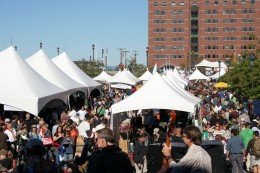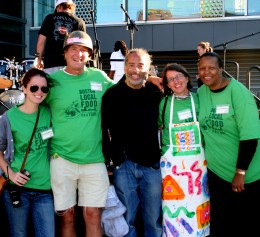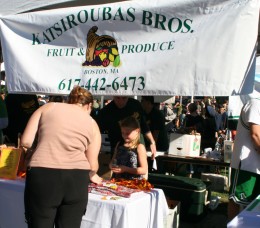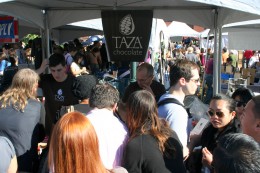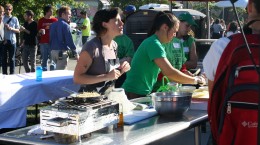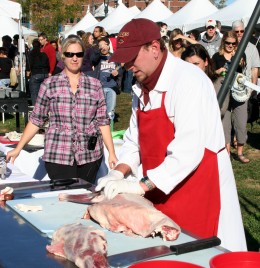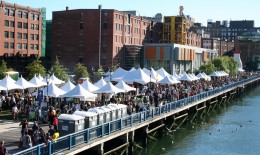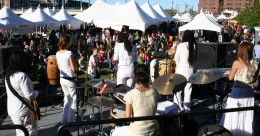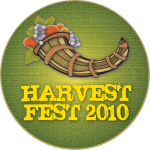Buy Local First
Top 10 Reasons To Shop Local First
- Significantly More Money Re-circulates In Eastern Massachusetts. When you purchase at locally owned businesses rather than nationally owned, more money is kept in the community because locally-owned businesses often purchase from other local businesses, service providers and farms. Buying local helps grow other businesses as well as our regions tax base.
- Non Profits Receive Greater Support. Non Profits often receive greater support from local business owners, sometimes as much as 350% more money, than they do from non-locally owned businesses.
- Unique Businesses Are An Integral Part Of Our Distinctive Character. The unique character of Somerville is what brought us here and will keep us here.
- Environmental Impact Is Reduced. Local businesses make more local purchases requiring less transportation and usually set up shop in town centers rather than on the fringe. This generally means contributing less to sprawl, congestion, habitat loss, resource depletion and pollution.
- Most New Jobs Are Provided By Local Businesses. Small local businesses are the largest employers nationally.
- Customer Service Is Often Better. Local businesses often hire people with more specific product expertise and they invest in their employees for better customer service.
- Local Business Owners Invest In Our Community. Local businesses are owned by people who: Live in this community; are less likely to leave; and are more invested in the community’s future.
- Put Your Taxes To Good Use. Local businesses in city and town centers require comparatively little infrastructure investments, add more to our tax base and make more efficient use of public services.
- Competition And Diversity Leads To More Consumer Choices. A marketplace of thousands of small businesses is the best way to ensure innovation and low prices over the long-term.
- A growing body of economic research shows that in an increasingly homogenized world, entrepreneurs and skilled workers are more likely to invest and settle in communities that preserve their one-of-a-kind businesses and distinctive character.
Why Local First?
First and formost, so that our local, living economy stays healthy and strong. Additionally we want Somerville to continue to be its unique, wonderful self; so that our place, doesn’t look like every place. This question is best answered by Michael H. Shuman, author of the book Going Local.
”Going local does not mean walling off the outside world. It means nurturing locally owned businesses which use local resources sustainably, employ local workers at decent wages and serve primarily local consumers. It means becoming more self-sufficient and less dependent on imports. Control moves from the boardrooms of distant corporations and back into the community where it belongs.”
Significantly more money re-circulates in Somerville when purchases are made at locally owned, rather than nationally owned, businesses. Money is kept in the community because locally-owned businesses often purchase from other local businesses, service providers and farms. Purchasing local helps grow other businesses as well as our regions tax base.
Local First Community Education Campaigns in communities across North America, plus the Local First Campaigns BALLE has been launching across North America have been helping people to see the need To Think Local First. These marketing campaigns are a critical piece of a sustainable community economic development strategy, helping to promote economic stability, job growth, and entrepreneurial vigor through nurturing and promoting a wide diversity of locally owned businesses.
To check out Local First Campaigns already in action and to see how other communities are succeeding in promoting Think Local First campaigns please go to: www.livingeconomies.org.
Source: Pioneer Valley Local First
